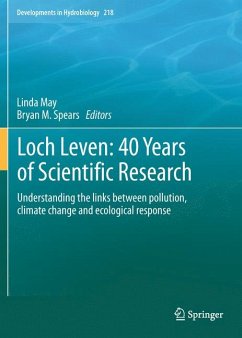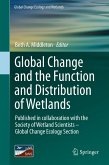Shallow lakes are important for their amenity value and the ecosystem services that they support. However, many are located in areas of high population density and intensive farming activity. As such, they are subject to many stressors, including eutrophication and climate change. This book examines 40 years of data from Loch Leven, a shallow lake in the lowlands of Scotland, UK, to gain a better understanding of the links between pollution, climate change and ecological response at the landscape scale. A wide range of topics is presented, including long term changes in nutrient inputs, internal phosphorus loading, water quality, algal concentrations, and the biodiversity of macrophytes, zooplankton, benthic invertebrates, fish and waterfowl. The book provides evidence that attempts to improve ecosystem services at this site in the past have often resulted in unintended consequences for the lake and the local community. It concludes that successful management actions in the future are likely to be those that incorporate lessons learned from previous decisions. This book will be of great interest to freshwater ecologists working in the field and managers responsible for the protection and monitoring of natural areas. It is also suitable as a supplementary text for courses in freshwater science and environmental management
Dieser Download kann aus rechtlichen Gründen nur mit Rechnungsadresse in A, B, BG, CY, CZ, D, DK, EW, E, FIN, F, GR, HR, H, IRL, I, LT, L, LR, M, NL, PL, P, R, S, SLO, SK ausgeliefert werden.









